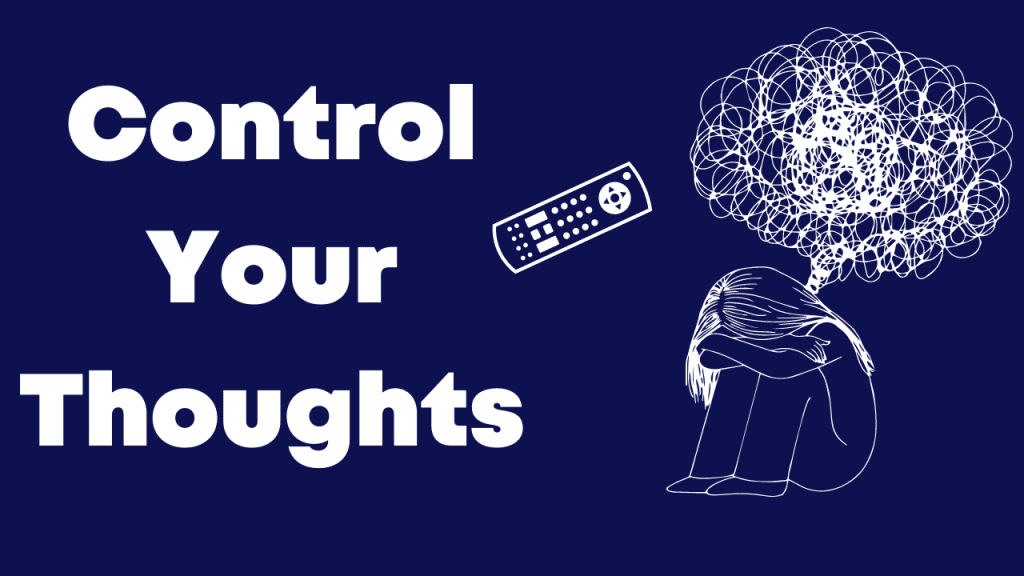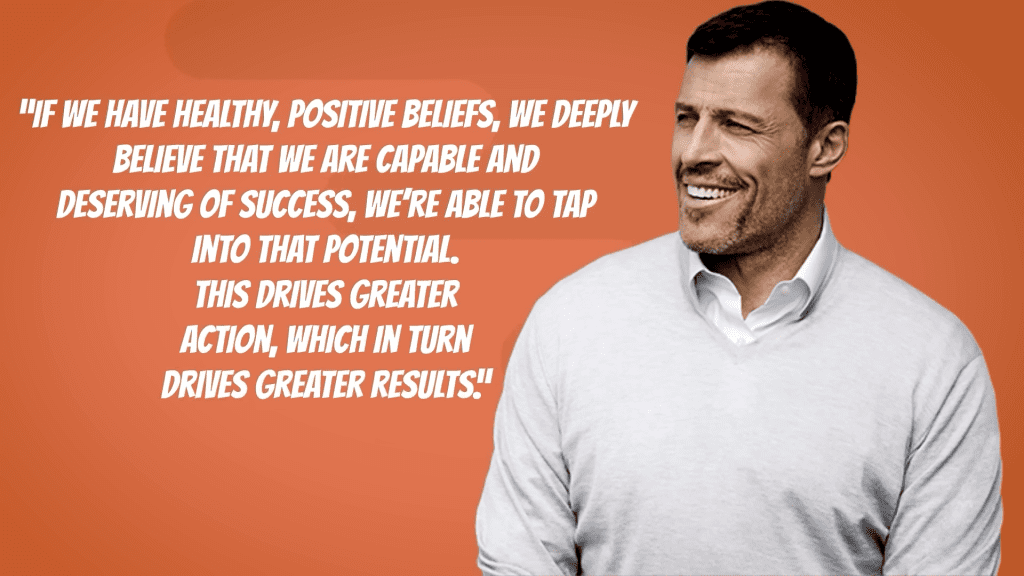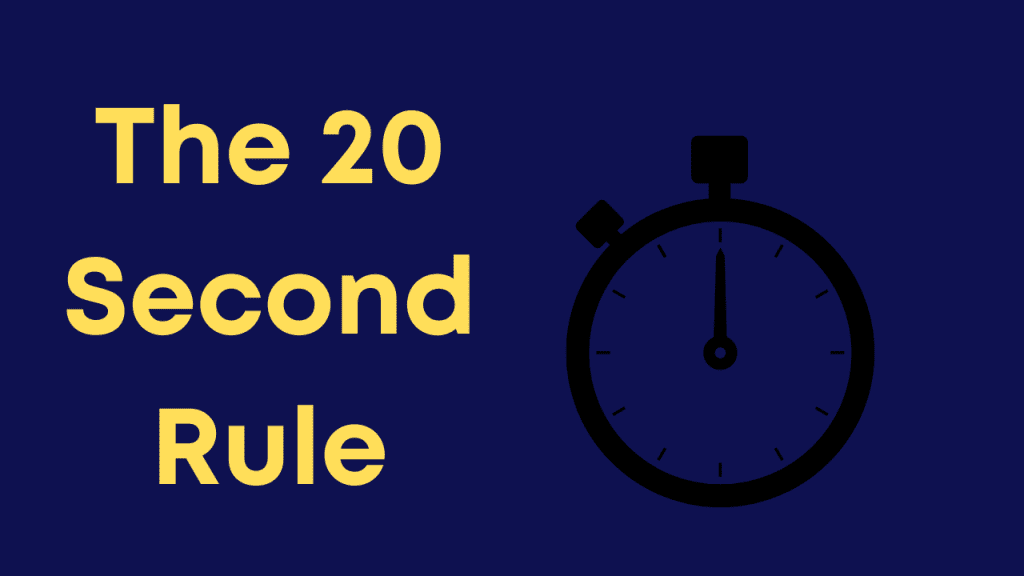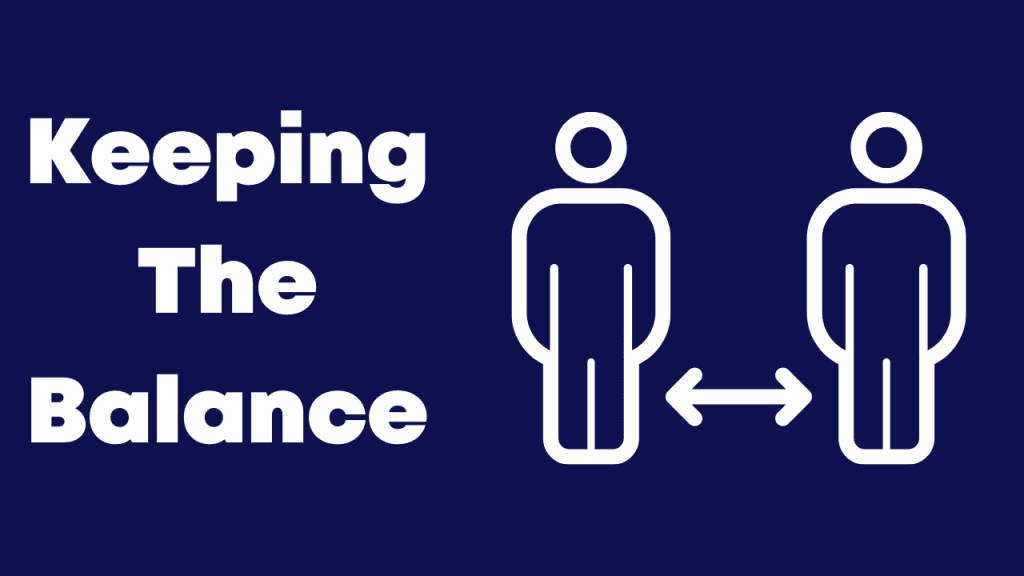What To Do When You Are Stuck in Life (5 Practical Ways)
A few days ago, my old friend came to me and said, “tell me what to do in life. “What should I do in my life? I do not understand anything. I try to do a lot, but nothing is happening to me. Everyone is progressing, doing something good, and you are also doing something good in your life, but I am stuck there. I have not been able to achieve anything significant in life.
Thinking of all this, I feel very bad, and nowadays, I do not even feel like doing any work, do not even want to go anywhere, and do not feel like doing anything. I mentally feel very low. Nothing feels good. And sometimes, I work very hard, but I don’t see the results, which makes me feel worse.”
After that, he said, “I don’t do much work, I procrastinate too much, but maximum the time, I don’t feel like working.”
“I cannot finish the job until the work starts to spoil my head. And I am noticing the pattern within myself for a long time. Sometimes I want to work, but it doesn’t get done. A few days ago, I thought that I would change my life. I would exercise, do the gym, and read books like you, but still, those things are not happening to me.”
Then my friend asked, “You read many books, tell me something. Teach something from the reference of any one book so that I can also do something further in my life and remove the dirty fillings from my life.”
As he told me all these things, the name of a book came to my mind, and that book was Unfuck Yourself by Gary John Bishop.
This is happening with many people: anxiety, depression, terrible feeling, nervousness, not feeling good about anything, feeling and not being able to bring that motivation in their life necessary for success. To reach a mental state where a person feels very stuck.
And even after trying a lot, that motivation does not come in life. So, in this blog, I will share with you five simple but very effective ways to overcome your problems when you are stuck in life.
1. Starve Your Donkey

I asked my friend to tell me what he had done in his life. He told me that he spends a lot of time on his mobile, watching short videos, Netflix, eating and drinking, and doing things just for fun. As he was describing his activities, I realized that these are things that many people do with their time.
Then I told him that the relation between our mind and body is like a man sitting on a donkey, where your mind is that man and your body is that donkey. For example, if you are riding on a donkey and want to move it, then you have to put one carrot or anything in front of it, for which that donkey moves forward to eat. So if you want your body to work, then you reward it after doing work.
Or at least you should think about that. Doing so, your body will get the motivation to do that work. It sounds crazy, but do you know what the problem with this is?
Dopamine is usually given to us when we are rewarded. Or is found in anticipation of Reward. We get this dopamine automatically when we finish our work. This Dopamine is released even in small things, like drinking water if one is thirsty, eating food, or completing a goal.
We are overstimulated with Dopamine these days, i.e., we use so many mobiles and use all these addictive apps, and we use social media, in which a lot of our dopamine gets released.
Doing all these things releases such a large amount of dopamine that our excitement level from everyday things like social media, porn watching, drugs, junk food games, and TV shows releases very little dopamine in our brains.
It is similar to that if you overfeed your donkey, too good food will make that donkey very lazy, and if you put a carrot in front of him, he will not even see it.
When we expose our brains to high dopamine levels daily, we may find that we no longer experience the same level of pleasure from small things that used to release dopamine.
One way to combat this is to “starve your donkey,” or remove the sources of stimulated pleasure from your life for a short period.
This doesn’t mean you have to give up all sources of pleasure completely, but taking a break from them for a day or two can help reset your brain’s dopamine response.
Engaging in small tasks and activities can help release dopamine and give you a sense of accomplishment and satisfaction.
And then you will feel more motivated to do that work. Nowadays, we are getting dopamine so quickly that we have become addicted, which is not suitable for us. Similarly, addiction also triggers a lot of anxiety and depression.
If you deprive your brain of stimulation for some time, you may become more receptive to and appreciative of simple pleasures when they are made available again.
For example, if you were in jail for five days without access to stimuli, you might find that reading a book brings you more enjoyment and satisfaction upon release.
The same principle applies to other activities, such as going to the gym. It can be helpful to keep this in mind and limit your exposure to overstimulating activities.
I also suggested this to my friend and advised him to start avoiding things that provide too much stimulation. This simple step helped him move forward when he was stuck in his life.
2. Control Your Thoughts

If you take a moment to think about it, you will realize that you communicate with two main groups of people throughout the day: those from around the world and yourself.
It might seem strange to consider talking to oneself, but the truth is that we all have internal conversations with our thoughts.
Studies have shown that the average person has over 70,000 views per day, which can significantly impact the quality of our lives. William Peter, a professor at the University of Alabama, conducted several experiments on this phenomenon.
He called the participants and asked them to remember their daily negative and positive events. He said that those who thought more about their positive events became happier, but those who placed their adverse events became unhappy and unproductive over time.
Perhaps you have also heard the concept of neuroplasticity in science, according to which our thoughts change the physical structure of our brain to a great extent.
Authors say that we use two types of sentences when we talk to ourselves.
The first is Assertive, and the second is Narrative. For example, when you use assertive self-talk, you use such sentences…. as, I’m rude, I’m great, I’m very lonely, I’m stupid, I embrace, I accept, I assert. While talking, you use identity, that you are like that. You talk like this in narrative sentences. I should; I’ll try.
Narrative sentences are not that strong and do not have such a severe effect on your mind. For example, If you want to quit smoking and tell yourself that you will stop, you will leave. More powerful than this would be that I am not a smoker.
I’m not a smoker. Here you are using the statement of identity, which will make it more likely that you will believe in that thing and be able to take action related to it.
As soon as it came to Belief, another new concept came to my mind: this book, which tells the relationship between Belief and habits.
3. Beliefs And Habits
When I mentioned to my friend that our beliefs are closely connected to our habits, he seemed confused and asked me to explain the relationship between the two.
I told him that our beliefs are the guiding principles that shape our actions and behaviors. For example, if someone is an atheist and doesn’t believe in God, they will approach situations with the perspective that everything can be explained through science and God doesn’t exist.
This belief will guide their actions and reinforce their lack of belief in a higher power. This way, our beliefs and habits are interconnected and can influence one another.
If a religious person believes in God, he will see his life through such a filter so that his actions will also influence his belief.
If anything happens, that person will see it from God’s perspective. That will make him more believers, and he will help the thing more by taking action.
There is also a very cute example related to this. If the thoughts that keep coming into your brain are like a river, then your believers are like big stones held in that river, which do not move quickly, but due to water, they change their direction. Due to the flow of water, they also change their shape.
So if you have a few negative thoughts, it will not make much difference, but if you are always bringing negative thoughts into your mind and thinking about them again and again, it will strengthen your belief too. And will also make your habits according to that belief.
If you start believing that you cannot do anything in life and nothing significant will happen, no matter how hard you try, you will not get results. In the end, your actions will not be that strong, and then your mind will stop you; there is no need to waste so much energy because I am not getting the result.
Tony Robbins also speaks the opposite it.

When you start bringing a positive belief into your life, it starts seeing in your action, which produces the action. For example, why does a person work out daily?
Because he believes is very strong that if he does workouts, his health will be good, and he will lose weight, while the person who doesn’t go to the gym daily because his belief is not strong.
He thinks I can’t go to the gym daily. I can’t do it, and this thing is very difficult. All these things are a game of the mind, and everything becomes complicated.
After listening to this, my friend said, “Ok, I understood.” He then asked me, “What action should be taken?
There are so many things in my mind that I could not achieve; what actions should I take for this?” We will discuss this in the next section.
4. The 20-Second Rule

My friend asked me, “What should I do now, subconsciously, my belief has become such that it is becoming so negative that I cannot do anything.
What actions can I take to get out of it?”
The concept of a book came to my mind, *The Happiness Advantage* written by author Shawn Achor, and he speaks about the 20-second rule.
Let me clear it for you from this story:
Shawn Achor wanted to learn to play the guitar. That’s why he had decided that if he wanted to make any habit, he would have to continuously play the guitar for 21 days, then only his habit would be made. Then he took a piece of paper and put check boxes for 21 days in it.
And hung it on the wall. He had decided why there would be a continuous guitar for 21 days and started doing that work with full vigor. He used to play guitar continuously every day and used to mark a cross on the paper on the wall.
And as soon as the fifth day came, his motivation was over. By the time he came home tired, He didn’t have any energy to play the guitar. He picked up the remote and turned on the TV. All his time passed, and then he went to sleep. And then, a few days passed, and he could not learn the guitar. When he saw the paper hanging on the wall, he got very angry with himself.
He said why is this happening to me? I should not have done this. He felt very guilty and started thinking I was procrastinating, but what should I do?
He realized that when he came home from work feeling tired, he would often get out his guitar, which he had bought to learn how to play, and practice for a while before putting it away in the wardrobe.
He noticed that this was quite complicated. So to fight this, he decided I would keep his guitar on a guitar stand; he took a guitar stand and kept it in the hall. So that he could see his guitar as soon as he entered the house; he did it first.
And the second thing he did was he got to know it was very easy to watch TV by picking up the remote, so he took out the remote’s battery and put it away.
He complicated this thing so much that placing the battery in that remote took him more than 20 seconds to watch TV.
And on the other hand, he made this guitar so easy that, within 20 seconds, as soon as he comes home and feels like playing the guitar, within 20 seconds, he can take the guitar and start playing it.
This was not rocket science, but as soon as he applied this, he saw very good results and even learned to play the guitar. Why did this trick always work so well?
It is pretty simple. It is also told in Think and Slow book that our brain is very fond of saving energy; it is subconsciously in survival mode. It always wants the power of our brain and body should be spent at least.
When there is work, where energy is spent more, and more thinking has to be done, or there is more complicated work, and there is too much resistance between the job, it tells our brain to avoid it.
And doing the work with the least resistance, like watching TV by lifting the remote, is a very least resistant job and the reward in this work is also very high; dopamine is released too much. In such a brain like this, most miniature resistance work, so the brain goes towards it.
The more resistance you give to what you want to avoid, the more chances will be reduced, to do that work.
Comparatively, whatever work you want to do, the more you reduce its resistance, the easier it is for you to start that thing, and the easier you will be able to do it.
5. Keeping The Balance

My friend asked me about another issue that has been holding him back in life: his tendency to eat junk food. I told him that sometimes the root of our problems isn’t just in our minds but also in our bodies.
For example, a psychologist at UCLA’s Brain Research Institute conducted a study showing that a diet high in junk food or sugar can physically and chemically alter the brain. It’s common to believe that our minds control our bodies, but research suggests that the reverse is true – our bodies can affect our minds.
When people adopt unhealthy habits, such as a poor diet, insufficient hydration, and lack of exercise, and blame their lack of motivation on their minds, it can worsen their mental health. It’s like blaming someone else for your own mistakes.
When the body is not in good condition, it can be hard to feel motivated. A book called “Spark” talks about the importance of exercise and good health for the mind. Getting enough sleep, eating nutritious food, and getting exposure to sunlight are all crucial for maintaining motivation.
However, many of us do the opposite: consuming unhealthy food and drink, staying indoors, and staying up late watching TV or streaming content.
It is something that is holding us in life. So, after I shared all the tips, my friend accepted them and started working on them; now he has a purpose and a balanced life.








I repeatedly read or listen this so that I can remember it for longtime and by doing so it’s works tremendous and very helpful in my life. Especially the 20 second rule. ????